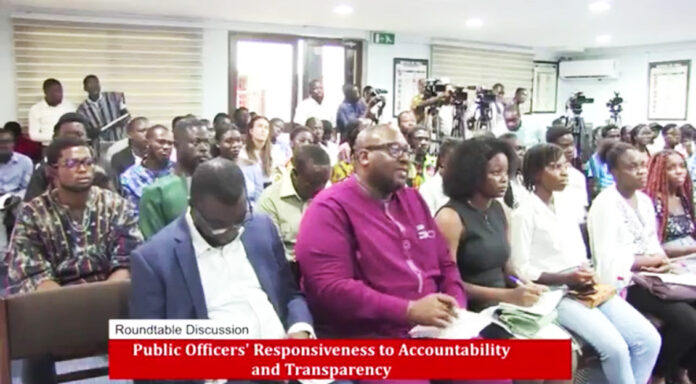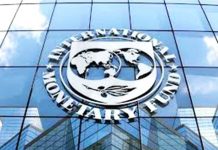Three Economic experts have called on the government to put in place the necessary economic reforms to enhance the country’s financial growth and to be able to withstand external shocks.
The experts – Dr Theophilus Acheampong, Professor Godfred A. Bopkin and Dr Abdallah Ali-Nakyea – made the call at a forum which was on the theme: “Public Officers’ Responsiveness to Accountability, Transparency and Compliance to Rule of Law.”
It was organised by the Coalition for Democratic, Accountability and Inclusive Governance, otherwise known as the Citizens Coalition, in collaboration with the Economic Governance Platform (EFP) and the United Nations Development Programme (UNDP)-Ghana.
According to Dr Acheampong, Ghana was supposed to, at the end of this year get USD $4.2 billion in extra financing from both the International Monetary Fund (IMF) and the external debt restructuring.
However, he indicated that the country had gotten only USD $600 million from the IMF, adding that “by the end of this year, we would have even missed our target on the financing we were supposed to receive, because we have not done the full external debt restructuring.”
Considering the impact of the country’s financial crisis on businesses, Dr Acheampong urged government to invest in areas where the country had comparative advantage, such as automotive, textile and garments, and non-traditional exports to improve its revenue generation.
Furthermore, he noted that it was important for Civil Society Organisations (CSOs) to monitor the progress made on the country’s external debt restructuring, the fiscal consolidation, exchange rate and inflation, spending patterns of the government and political party manifesto next year.
Dr Acheampong also urged CSOs to push for the amendment of the Bank of Ghana (BoG) Act, which would make the Central Bank autonomous, and the passage of the Conduct of Public Officers Bill.
For his part, Dr Ali-Nakyea bemoaned the inconsistencies the country had encountered in terms of tax policies over the past years, which he described as counter-cyclical.
He noted that before the government design any tax policy in the down turn economy, it had to consider how it would guarantee competitiveness, innovation, investment, prosperity, and entrepreneurship.
“Reforms in tax policy should find a balance between fostering equity, achieving budgetary efficiency and circumventing the distortive events”, he added.
Dr Ali-Nakyea further underscored the need for a broader stakeholder consultation during the designing of tax policies.
He explained that the adoption of a progressive taxation where those who earn higher income were taxed higher than those who do not, and as well as consumption tax would help during crisis situations.
Prof Bopkin stressed the need for the country to grow a taxable economy as part of its economy recovery process, by putting in place appropriate measures to ensure economy growth.
In addition, he explained that the country needed a long term economic stability to fully recover from its current economic crisis, adding “economic stability is a means to economic transformation and to have economic transformation and inclusive productivity growth, you need a sustained micro-economic stability for not less than 15 years.”









